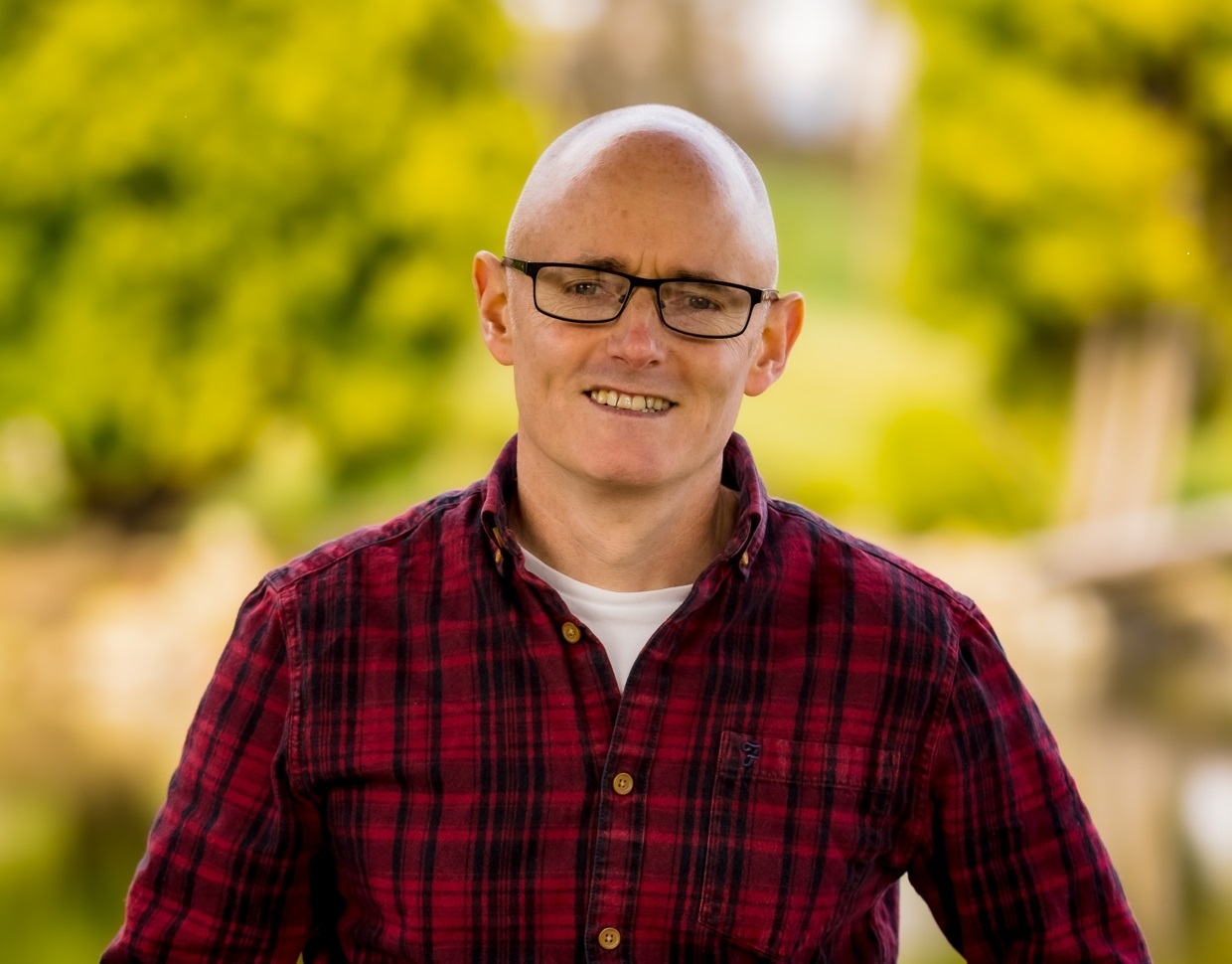A pioneering mission led by College of Stirling scientists goals to develop a brand new carbon damaging meals supply.
The £800,000 government-funded initiative will create 4 new jobs – three on the Isle of Bute the place a trial has begun, and one on the college – in addition to assist the event of a brand new lab on the island.
If the trial is profitable, it could possibly be replicated worldwide, creating hundreds of jobs and a meals supply that may contribute to tackling local weather change.
All main meals manufacturing within the UK presently emits greenhouse gases, contributing to the nation’s carbon footprint. The UK authorities needs to determine new meals sources which ship towards Web Zero targets and handle an overreliance on imports.
Analysis by specialists on the College of Stirling beforehand discovered planting fungi with bushes to create protein-rich mushrooms can sequester as much as 12.8 tonnes of carbon per hectare yearly.
The crop, which might be consumed contemporary or processed into meat-alternative merchandise, has the potential to supply a nutritious meals supply for almost 19 million folks a 12 months, globally.
Now, the College of Stirling and truffle producers Mycorrhizal Techniques Ltd has begun a two-year trial on Bute which is able to see researchers cowl the foundation system of latest bushes with fungi that produce edible mushrooms.
A staff led by Honorary Professor Paul Thomas will then assess the environmental advantages and wider financial influence.
Professor Paul Thomas
Professor Thomas is the founding father of truffle producers Mycorrhizal Techniques Ltd, which is ploughing £135,000 into the mission and operating the lab.
Professor Thomas stated: “This can be a game-changing thought which, if executed at scale, will enhance home meals manufacturing, incentivise tree planting and assist mitigate the influence of local weather change.
“By tackling land-use battle and making a calorific output from land that will in any other case not produce meals, and at scale, the mission outcomes will positively contribute to such priorities and create a internet enhance in UK meals manufacturing of as much as 1,000 tonnes for every 1,000 hectares of afforestation integrated into the mission.”
Professor Alistair Bounce, Dean of the College of Pure Sciences, who co-authored the analysis and can companion on the initiative, stated: “This mission will place the UK at the forefront of EMF (ectomycorrhizal fungi) expertise.
“Analysis suggests a carbon sequestration charge of as much as 406kg for each kg of protein produced while additionally aiding biodiversity and conservational objectives.
“This sequestration is in stark distinction to each different main meals manufacturing system which ends up in an emission throughout manufacturing.”
 Professor Alistair Bounce
Professor Alistair Bounce
If the trial is profitable a subsequent rollout might create tons of of jobs within the UK and hundreds worldwide.
Professor Bounce stated: “A lot of the work can be distributed in rural areas, supporting a optimistic socio-economic influence via job creation and infrastructure growth.
“The innovation can even have a direct annual contribution to the UK financial system and additional financial advantages come up via the distribution chain.”
Funding for the two-year mission is supplied by BBSRC (Biotechnology and Organic Sciences Analysis Council), a part of UKRI (UK Analysis and Innovation), the biggest UK public funder of non-medical bioscience. Grants will assist 4 new jobs and the event of a brand new laboratory and trial facility on the Isle of Bute.
The research which laid the groundwork for the trial was printed in PNAS (The Proceedings of the Nationwide Academy of Sciences), the celebrated journal of The Nationwide Academy of Sciences (NAS), in March.
